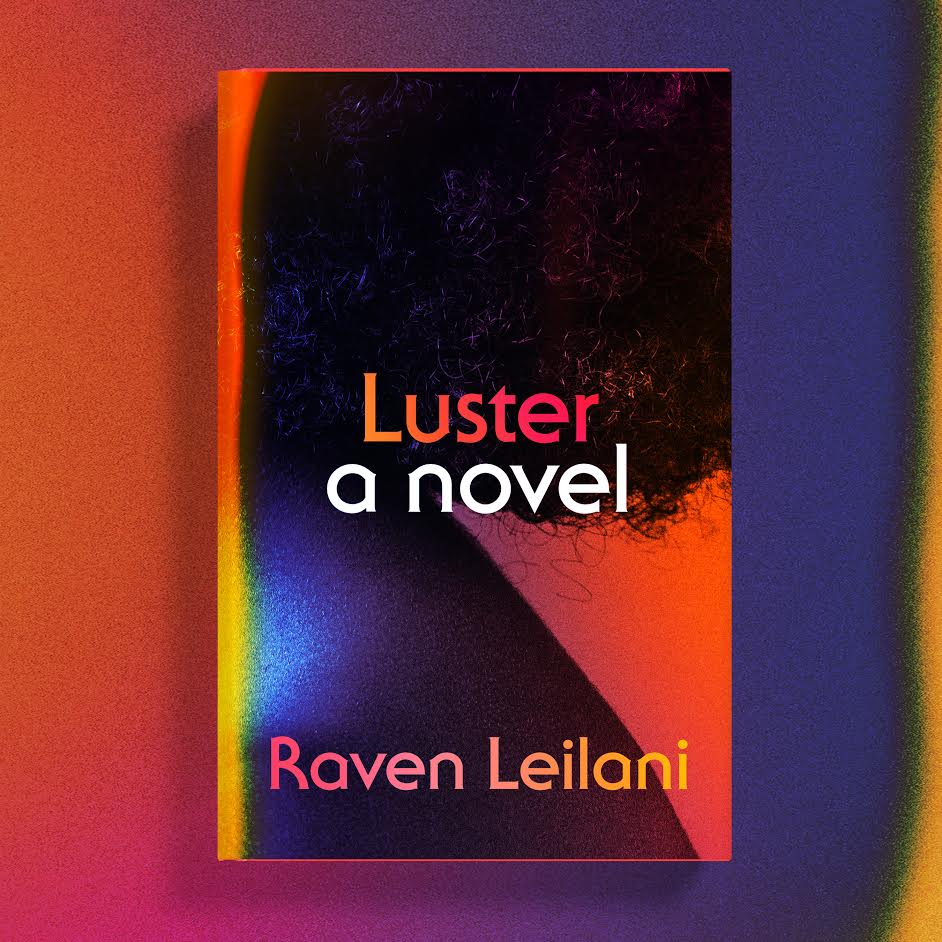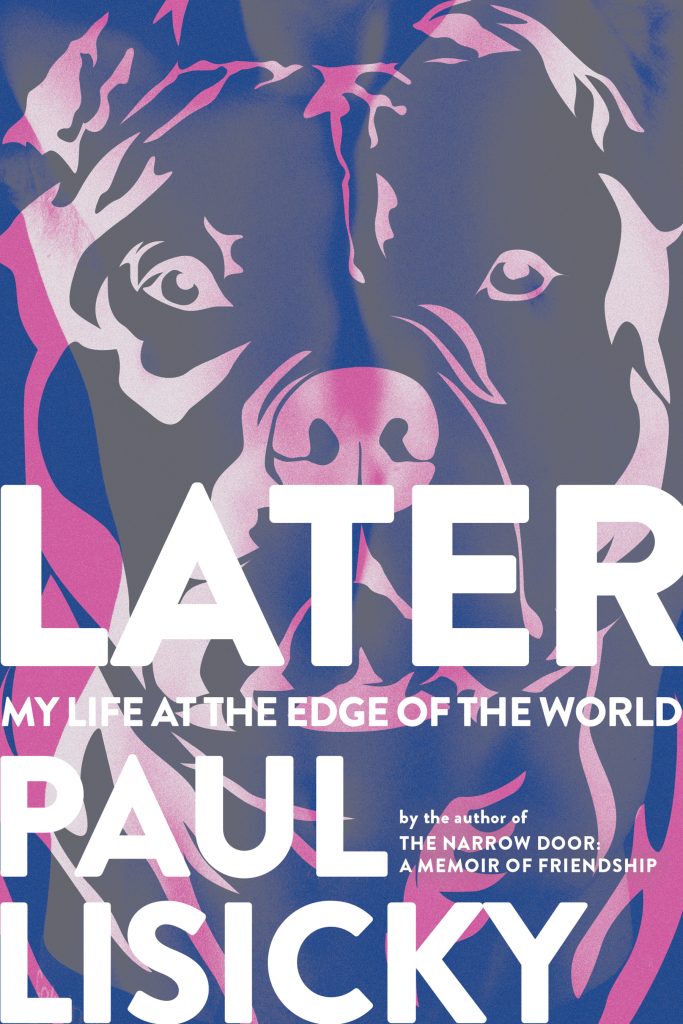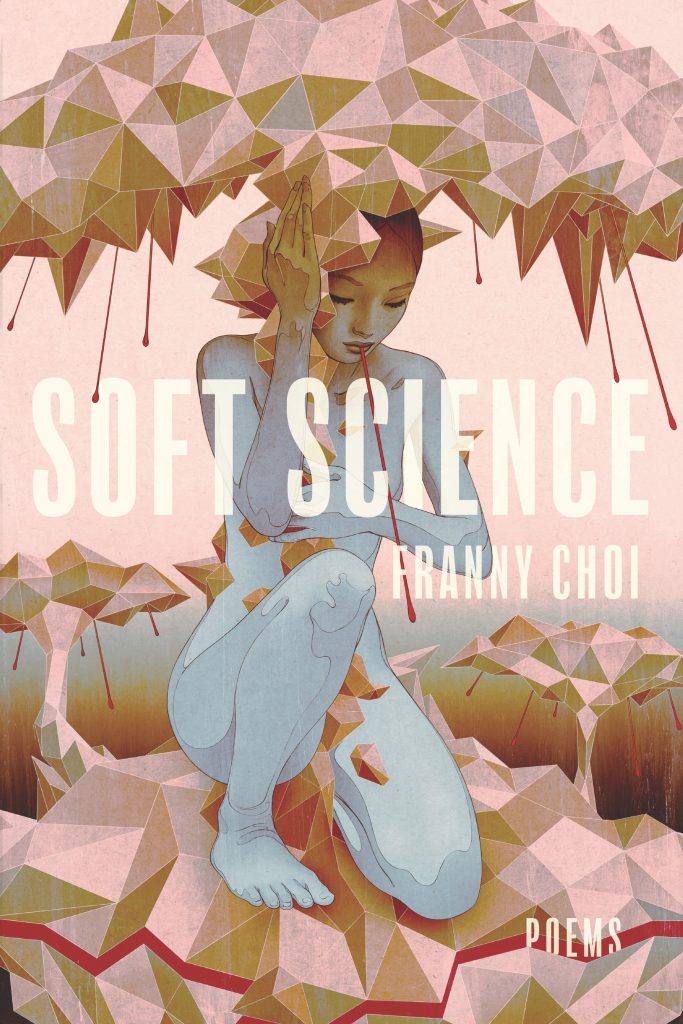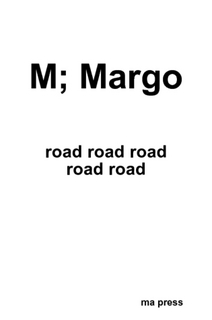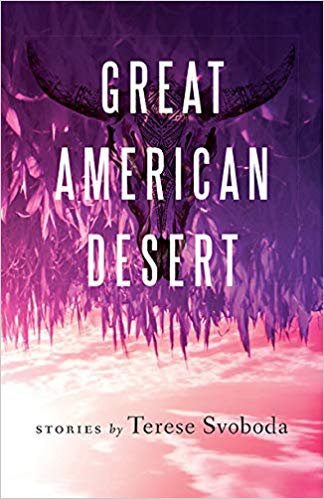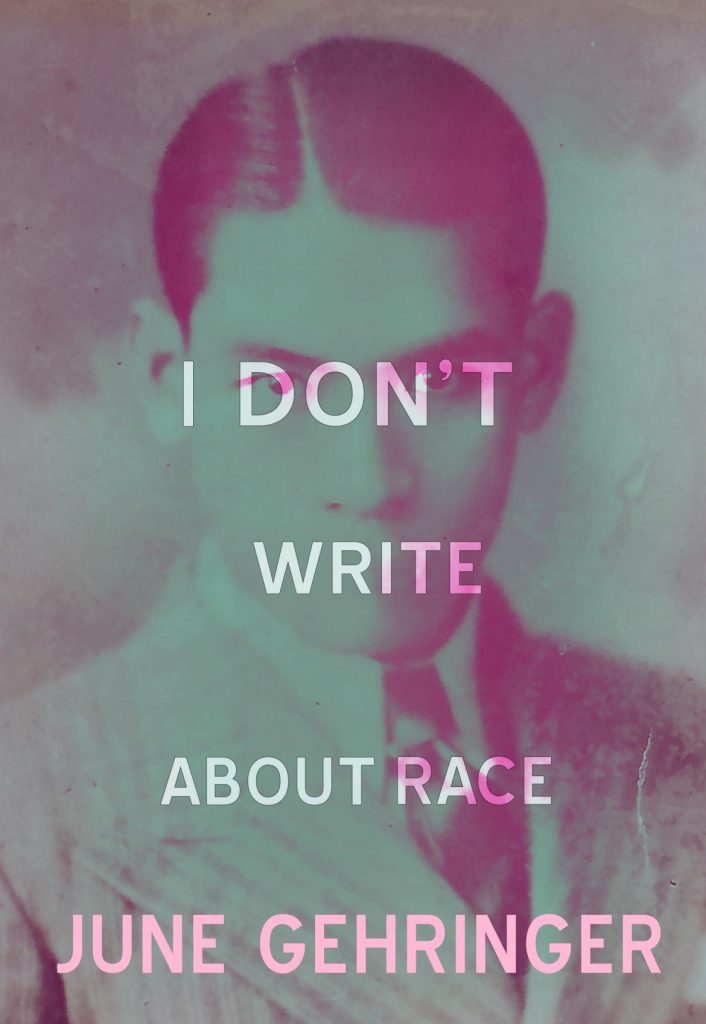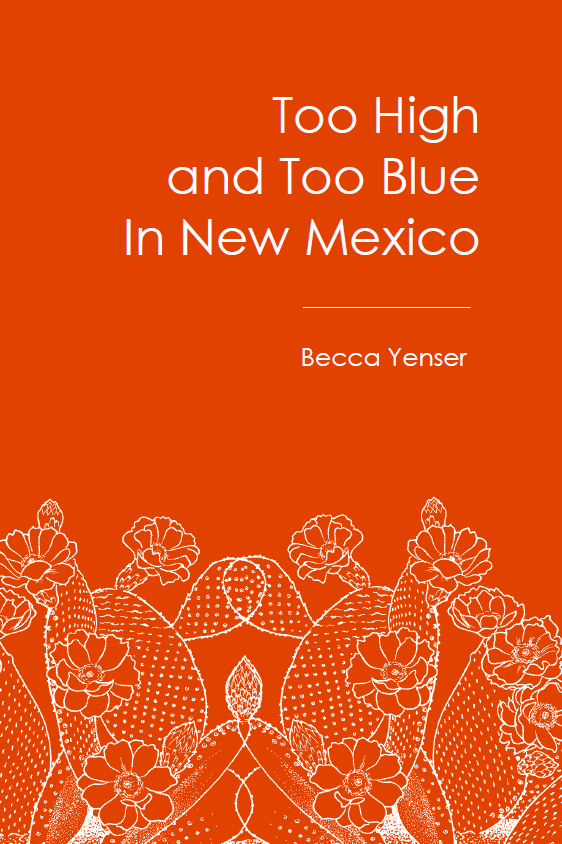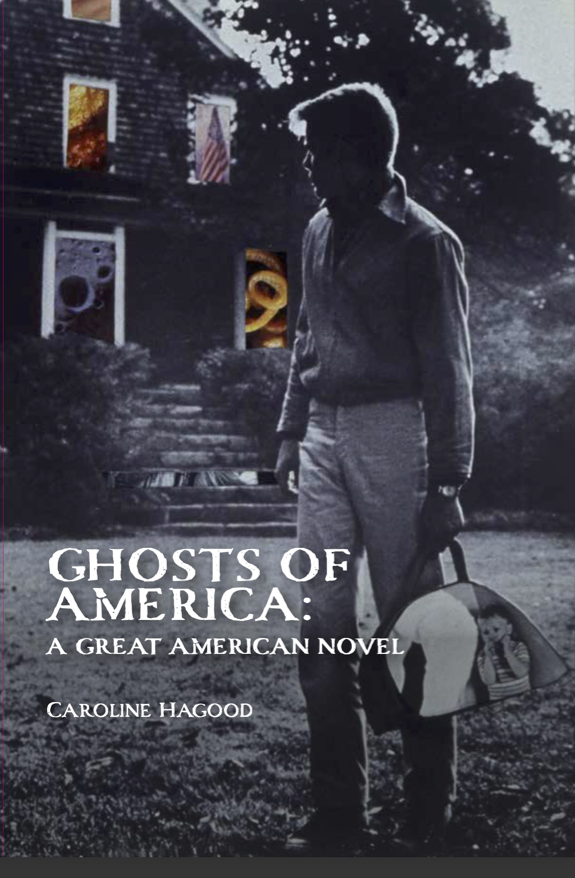
REVIEW BY DAKOTAH JENNIFER
—
Why can’t women write great American novels? What does it mean to be a woman, rewritten by the male gaze, actively striving to tell your own story, imbue your own importance, all while the American canon makes you a fragile, breakable, sexual thing? Caroline Hagood’s Ghosts of America: A Great American Novel demands much of all celebrated, American male writers. Norman Roth III, also known as “Herzog,” is a professor, Vietnam veteran, and well-known American author, visited by the ghosts of women who were the subjects of the novels he’s written.
Herzog, a white male professor and author, the spitting image of lackadaisical literary success, is introduced as a painfully honest man, who takes almost nothing seriously, especially not women. His novels on Jaqueline Kennedy and Valerie Solanas have not only received critical acclaim, but “gotten [him] laid since the 1980s. Because what is literary academia if not the overweight, ugly, balding white guy’s tenured ticket to young tail?” Herzog is a sort of caricature of a lazily patriotic, white, aging, authorially academic, lewd male American man. He speaks profoundly then immediately undermines it with a vulgar, superficial quip or lack of care.
Hagood’s feminist look at the idea of the canon, at the male American writer and erasure of female traumas and histories, is artfully done through the simultaneous retelling and condemnation of the author in one. In the format of A Christmas Carol, Herzog is visited by these women he’s subjectified to the male authorial gaze, and made silent as they retell their stories. Much of the piece feels like a class, a history lesson, but one that is so vital. frequently ignored, unseen, deprioritized. Hagood’s women retell their stories, restore their tongues into their own mouths, relieve themselves of the trauma and the triumph of living through it. We begin to hope that this sort of reckoning Herzog gets becomes an epidemic– that historical women everywhere who were made into objects just for the story will get a change to haunt the authors who imposed their gaze.
Herzog spies on a nude neighbor, defiles women in every other sentence, burdens us with his… personal habits, and seems oblivious to the women he’s used to garner his awards and “get laid.” In all, he’s a self-interested, oblivious academic who still has some profundity to him, and in that way, he is a perfect archetype. He is not only his cruelty but also pensive thought and understanding. In one moment he is recounting when he, “Cut [his] hand on broken glass while sloshed, then rubbed it around on my typewriter paper like something good would ever come of it,” and in another, he writes, “a whole history of building empires on others’ backs. The language of equality in our Constitution was never a promise, but just a super clever and sneaky way of controlling the greatest number of people.” Herzog is not unintelligent, and that perhaps, is what is most truthful about the paradox of it all– he is bright and sexist, he is not uninformed, he is uninterested in knowing. Hagood crafts Herzog’s character, however coarsely, into the perfect mirror image of every man known and unknown who gained praise writing about women who were nothing but tools.
Jackie Kennedy is the perfect pious woman–survivor of tragedy and still standing. A warrior written as a fragile woman made into a First Lady by her husband and broken by the same hand. Jackie’s story is given the most time and is the most informative, and for good reason– Jackie speaks out as a hero, the main character, the protagonist victor, instead of the supporting actress society, and Herzog had seemingly made her. Jackie does not start when John F. Kennedy enters her life, and though she is changed by his death, she does not stop when he leaves. She is “already dead,” but she continues to live, and that is her heroic story, not her downfall.
Valerie Solanas is the woman made crazy by her story. She is the newer sort of woman, who understands, “and yes men are also abused and have to survive it, but I’m not qualified to write that book.” Her more modern take, her futuristic way of being, makes her seem eccentric, but through Hagood’s intricate prose we see that Solanas is not crazy but a visionary–a woman who speaks what she sees, a woman who has been harmed by the male world she attempts to live in. She says, “Nobody knows this, but to be defiled is to attend your own funeral, but you’re on the ceiling and nobody can see you,” and its lines like these that strike us within– Hagood speaks through the characters into women. You feel it deep inside, and suddenly, you are Valerie or Jackie or Medusa or Philomela– Hagood has a sneaky way of making all women one, with just a line or two. Hagood, in contrasting Solanas and Kennedy, allows for both extremes of women– the crazy woman and the perfect woman– and shows us how, through the very same author, they are both inadequate, weak, fragile, sexualized in all the wrong ways. It is not only a compelling story but a strange sort of belonging.
The piece is subversive, entertaining, and informative, in that order. Once Jackie appears, the narrative captures the reader and keeps them. Herzog, though he seems to intentionally be this way, is quite an uncomfortable and hateable character, and grinding through his introduction proves to be a challenge. The male gaze is critiqued, revised, and therefore closely examined through a sort of isolated reckoning– this book is not only a literary work, but an act of revision and restoration.
Ghosts of America: A Great American Novel reframes the ghosts of America as women, true heroes alongside valorized men, and rewrites the consistent wrongs of the canon. In short, through almost fragmented chapters, Hagood’s quirky story takes a gander at redemption– for the canon, for women, for America.
—
Dakotah Jennifer is a twenty-year-old black writer currently attending Washington University in St. Louis. Jennifer has been published in Across the Margin, HerStry, Popsugar, The Pinch Journal, Voyage YA, Protean Mag, Apartment Poetry, Paintbucket.page, the Grief Diaries, The Confessionalist Zine, Oral Rinse Zine, and Ripple Zine. She was accepted into the Juniper Writing Workshop at Amherst, The Bread Loaf Writers Conference, and the Writing Workshops Paris with Carve Magazine for the 2021 year. She won Washington University’s Harriet Schwenk Kluver award for the 2018-2019 year and The Dramatics of St. Louis Prize for the 2020- 2021 year. She has also published two chapbooks, Fog (Bloof Books) and Safe Passage (Radical Paper Press).
![[PANK]](http://pankmagazine.com/wp-content/themes/pank/assets/images/pank-logo-large.png)

